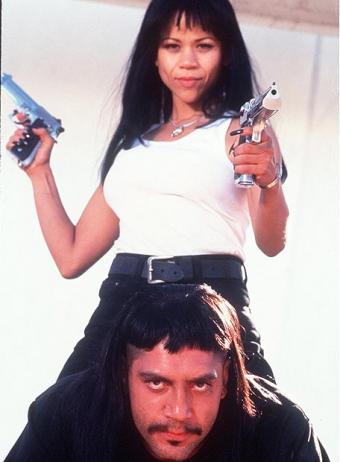★★★
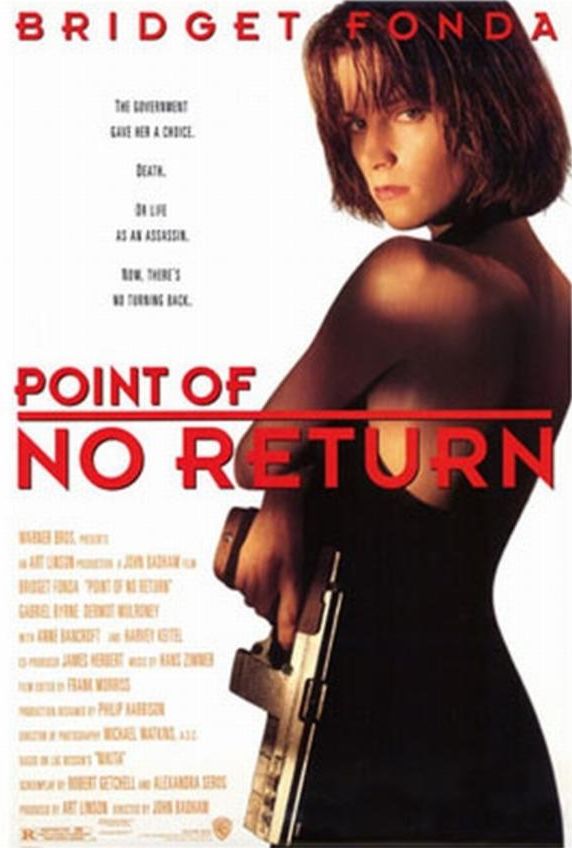 This was called The Assassin in Britain, though a more fitting title would be Remake of No Point. I hadn’t seen this since it originally came out, and it was a quite deliberate choice to watch it first for this article, hoping to escape the sense of deja-vu. Unfortunately, I couldn’t: its strengths are exactly those of Besson’s original, while the weaknesses are largely its own.
This was called The Assassin in Britain, though a more fitting title would be Remake of No Point. I hadn’t seen this since it originally came out, and it was a quite deliberate choice to watch it first for this article, hoping to escape the sense of deja-vu. Unfortunately, I couldn’t: its strengths are exactly those of Besson’s original, while the weaknesses are largely its own.
I can see the purpose of remakes, be they of old movies or foreign ones, when you bring something new to the table. However, it’s entirely understandable that Luc Besson passed on directing the American version, pointing out that he’d already made the movie he wanted. For Venice, read New Orleans. For Nikita, read Nina. For Jeanne Moreau, read Anne Bancroft. About the most significant difference in the storyline is that Fonda listens to Nina Simone.
Balancing the cast off, most are fractionally less effective than their French counterparts, although not so much that you’d notice. There are two exceptions: Dermot Mulroney fails miserably as Maggie’s boyfriend, J.P, to the point where I would have run screaming out the door, and that was after less than two hours in his company. Their relationship fails to convince, and since Badham places it close to the centre of the film, it’s a major flaw.
On the other hand, Harvey Keitel comes perilously close to stealing the whole show as Victor the Cleaner. Jean Reno was good in the original, yet Keitel brings a whole new dimension of menace, and clearly inspired Tarantino for Pulp Fiction. They missed the chance for a spin-off of genuine inventiveness there.
But what little originality actually is brought to the film, largely doesn’t work, in particular a sappy romantic montage between Maggie and J.P. As a director, Badham does a good job with the action sequences – you’d expect nothing less given his track record in the likes of War Games – even when all he’s really doing, is recreating scenes such as the kitchen shoot-out (watch those desserts fly!). There does seem to be rather more Fonda underwear footage too… :-)
Relocating everything to the States is not such a bad thing. While I don’t know about the French government, a school for psychotic murderers is by no means beyond the bounds of possibility – the infamous School of the Americas does much the same for Latin American death squads. And, taken on its own, this is not a bad film. But if you have ever seen the French original, then the American remake becomes entirely superfluous and, as mentioned above, it feels more like you’re watching an English dub, albeit a credibly well-voiced one.
A remake was supposed to be necessary because American audiences wouldn’t watch a subtitled film, but when the box-office spoke, Point took only $30m. The original was a French take on a mostly-American genre, but something is definitely missing when it comes home. Perhaps Badham should have slept with Fonda during production, as Besson did with Parillaud.
Dir: John Badham
Stars: Bridget Fonda, Gabriel Byrne, Dermot Mulroney, Anne Bancroft






 The same source comic inspired Lady Snowblood, but plenty of original thought has also been put into this, set in an interesting alternate present, after 500 years of imposed isolation. A band of fighters, the Takemikazuchi, have been thrown out of work and now roam the country, killing for pay. One of their number, Yuki (Shaku), discovers their leader (Shimoda) killed her mother, and after confronting him, leaves. Except the group’s motto seems to be, “No one here gets out alive”… She finds shelter with Takashi (Ito) – except he is part of a rebel group with a similar philosophy, so a quiet, peaceful life is not on the cards for either of them.
The same source comic inspired Lady Snowblood, but plenty of original thought has also been put into this, set in an interesting alternate present, after 500 years of imposed isolation. A band of fighters, the Takemikazuchi, have been thrown out of work and now roam the country, killing for pay. One of their number, Yuki (Shaku), discovers their leader (Shimoda) killed her mother, and after confronting him, leaves. Except the group’s motto seems to be, “No one here gets out alive”… She finds shelter with Takashi (Ito) – except he is part of a rebel group with a similar philosophy, so a quiet, peaceful life is not on the cards for either of them.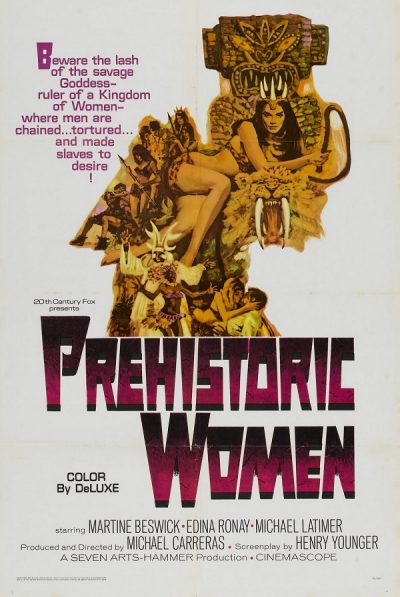
 If I ever become an evil overlord, I will conduct thorough background checks on all entrants to my martial arts tournament, to ensure they are not related to anyone I may previously have had killed. I will also teach my guards that if a prisoner is apparently not in his cell, they will use mirrors to examine all its corners, rather than rushing in and allowing him to drop from the ceiling onto them.
If I ever become an evil overlord, I will conduct thorough background checks on all entrants to my martial arts tournament, to ensure they are not related to anyone I may previously have had killed. I will also teach my guards that if a prisoner is apparently not in his cell, they will use mirrors to examine all its corners, rather than rushing in and allowing him to drop from the ceiling onto them.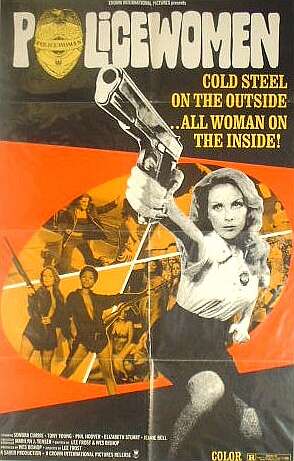 This is the kind of film Chris describes as “hokey”. I’m not quite sure what
This is the kind of film Chris describes as “hokey”. I’m not quite sure what 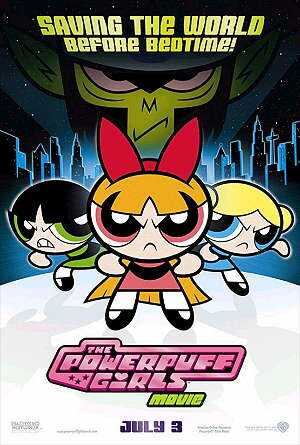 Rarely have the MPAA spoken truer words than that – crack open the highly-caffeinated, carbonated beverages, tuck into those sugary snacks and sit through the equivalent of eight straight Powerpuff Girls episodes. Preceded in theatres by a startlingly unfunny Dexter’s Laboratory cartoon, the weakness here is the obvious one of translating a ten-minute TV show to feature length; going by the lack of a crowd when we saw it, few people saw the point of paying $8 for what they could get at home for free. Though this is actually less like eight episodes than one, really stretched out, covering the creation of the girls and how they came to be Townsville’s protector, taking on former lab monkey Mojo Jojo and his evil plot to take over the world through the creation of super-powered simians.
Rarely have the MPAA spoken truer words than that – crack open the highly-caffeinated, carbonated beverages, tuck into those sugary snacks and sit through the equivalent of eight straight Powerpuff Girls episodes. Preceded in theatres by a startlingly unfunny Dexter’s Laboratory cartoon, the weakness here is the obvious one of translating a ten-minute TV show to feature length; going by the lack of a crowd when we saw it, few people saw the point of paying $8 for what they could get at home for free. Though this is actually less like eight episodes than one, really stretched out, covering the creation of the girls and how they came to be Townsville’s protector, taking on former lab monkey Mojo Jojo and his evil plot to take over the world through the creation of super-powered simians. This predates both Jawbreaker and Teaching Mrs. Tingle, and thanks to being a cheap, indie film, manages to out-do them both. No studio to enforce post-Columbine political correctness here: the fight is on to be declared Prom Queen at Oak Hill High, located in the heart of Kansas. And when I say “fight”, I mean it – going head to head are Terra (Kelly) and Cherry (Balderson), but running interference is a sideplot involving the kidnap and murder of the principal. Though since his idea of fun involves molesting his students, he largely deserves it. This all builds to a murderous finale at Prom Night, at which bullets fly and flags burn.
This predates both Jawbreaker and Teaching Mrs. Tingle, and thanks to being a cheap, indie film, manages to out-do them both. No studio to enforce post-Columbine political correctness here: the fight is on to be declared Prom Queen at Oak Hill High, located in the heart of Kansas. And when I say “fight”, I mean it – going head to head are Terra (Kelly) and Cherry (Balderson), but running interference is a sideplot involving the kidnap and murder of the principal. Though since his idea of fun involves molesting his students, he largely deserves it. This all builds to a murderous finale at Prom Night, at which bullets fly and flags burn. There is still a bunch of stuff to like: the cheerleaders practicing obscene chants; Terra’s inability to walk in heels; the Xena-like swoosh every time Cherry turns her head; spats over yearbook photos, etc. and if the film had stayed focused on the hell of high-school, it might have been more effective. As is, you’ve got one fabulous character and performance, and the rest is variably effective satire.
There is still a bunch of stuff to like: the cheerleaders practicing obscene chants; Terra’s inability to walk in heels; the Xena-like swoosh every time Cherry turns her head; spats over yearbook photos, etc. and if the film had stayed focused on the hell of high-school, it might have been more effective. As is, you’ve got one fabulous character and performance, and the rest is variably effective satire. Okay, pardon me if I’m confused. What the IMDB says is the plot for Metropolitan Police Branch 82 is actually Tokyo Blue: Case 1. However, there are multiple parts to the series, and I
Okay, pardon me if I’m confused. What the IMDB says is the plot for Metropolitan Police Branch 82 is actually Tokyo Blue: Case 1. However, there are multiple parts to the series, and I 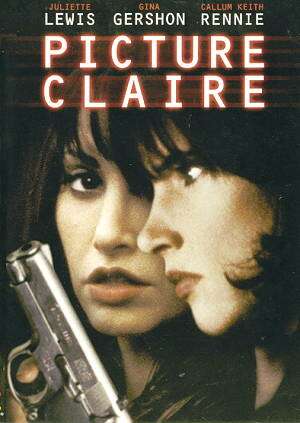 Set over one day, more or less, in Toronto, this can’t make up its mind whether to be a tense thriller, or an art-house drama. The result is an uneasy blend, where most of the elements are fine, yet the overall result falls short of completely satisfying. Quebecois Claire (Lewis, spouting an irritating French accent, and shouting “Beelee!” a lot) travels to Toronto in search of a photographer with whom she had a brief relationship. She doesn’t initially find him, but ends up chief suspect in a murder committed by Lily (Gershon), and also the only person who knows the whereabouts of Lily’s film canister, which is being sought by a psychotic criminal (Rennie).
Set over one day, more or less, in Toronto, this can’t make up its mind whether to be a tense thriller, or an art-house drama. The result is an uneasy blend, where most of the elements are fine, yet the overall result falls short of completely satisfying. Quebecois Claire (Lewis, spouting an irritating French accent, and shouting “Beelee!” a lot) travels to Toronto in search of a photographer with whom she had a brief relationship. She doesn’t initially find him, but ends up chief suspect in a murder committed by Lily (Gershon), and also the only person who knows the whereabouts of Lily’s film canister, which is being sought by a psychotic criminal (Rennie).